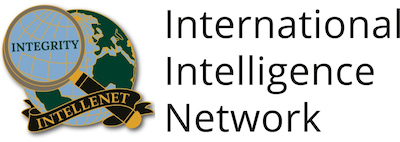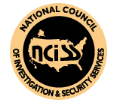According to the CDC, the year-long period ending April 2021 saw 100,306 drug overdose deaths. This is a 28.5% increase over the previous one-year period that ended April 2020. The number of those deaths specifically due to opioids went up from 56,064 to 75,673 and most of which are attributed to synthetic opioids such as fentanyl. In South Carolina, drug overdose deaths increased 36.8% in that same time period. The only states with drops in the number of overdose deaths were New Hampshire, South Dakota, New Jersey and Delaware. All other states saw significant increases in the number of overdose deaths. The states with the highest increases include California, Mississippi, West Virginia and Kansas. Most of the overdose deaths in South Carolina and the other states listed were attributed to opioids.
Overdoses and Deaths in Myrtle Beach
In Myrtle Beach specifically, overdoses and overdose deaths have continued to soar as the COVID pandemic has crawled on. Many experts cite the isolation and uncertainty caused by early lockdowns as responsible for the uptick in deaths nationwide and locally. Myrtle Beach Fire Rescue responded to over 100 overdose calls from July through September this year. Myrtle Beach first responders are part of a nationwide Narcan program intended to help reverse overdose deaths and hopefully get individuals into treatment following an overdose. Even still, overdose deaths in 2021 have nearly doubled from 2020 in Myrtle Beach. This July saw 15 overdose deaths in the city followed by 16 in August. The total would have been higher but first responders were able to reverse 11 overdoses in August alone. For Myrtle Beach officials and first responders, the focus is on getting people on the road to recovery following an overdose.
What is Being Done About Overdoses?
Throughout South Carolina, DHEC is working closely with the CDC and also federal, state and local agencies to increase the prevention of opioid deaths by providing recovery resources, Narcan/Naloxone administration training for first responders and opioid educational training at the community level through partnerships with local groups such as the Strengthening Families Program and the Hold Out the Lifeline program. DHEC is also participating in the increased monitoring and tracking of a number of prescriptions, particularly opioids, called the South Carolina Reporting & Identification Prescription Tracking System (SCRIPTS).
Additionally, all counties in South Carolina are participating in the ODMAP program. The ODMAP program uses real time overdose data to help identify spikes in overdoses and deaths so that the state and involved agencies can respond quickly in spike areas to help connect response teams with necessary information to evaluate the spike and increase the success of intervention outcomes. The program is meant to help agencies better respond to overdose outbreaks through community outreach with the goal of preventing unnecessary overdose deaths.
While the opioid epidemic is a worsening crisis across most of the nation, and here locally in South Carolina and Myrtle Beach, officials and agencies are working hard to prevent overdoses and deaths. There is also considerable effort happening to help people move from abuse/misuse of opioids to recovery. The outlook might remain grim for some time yet, especially as COVID lingers on, but our hope is to see these community efforts begin to turn the tide on the opioid epidemic.










